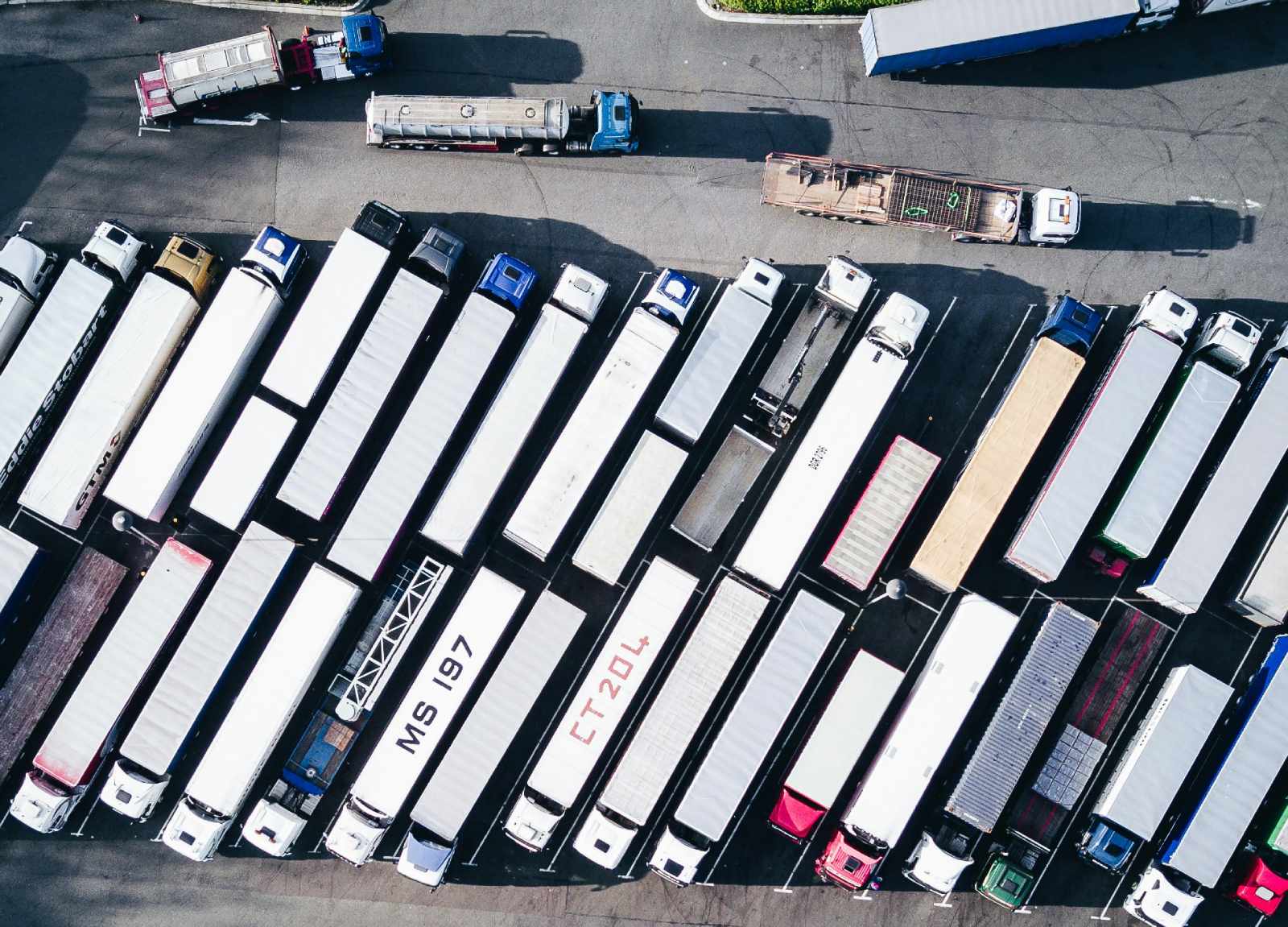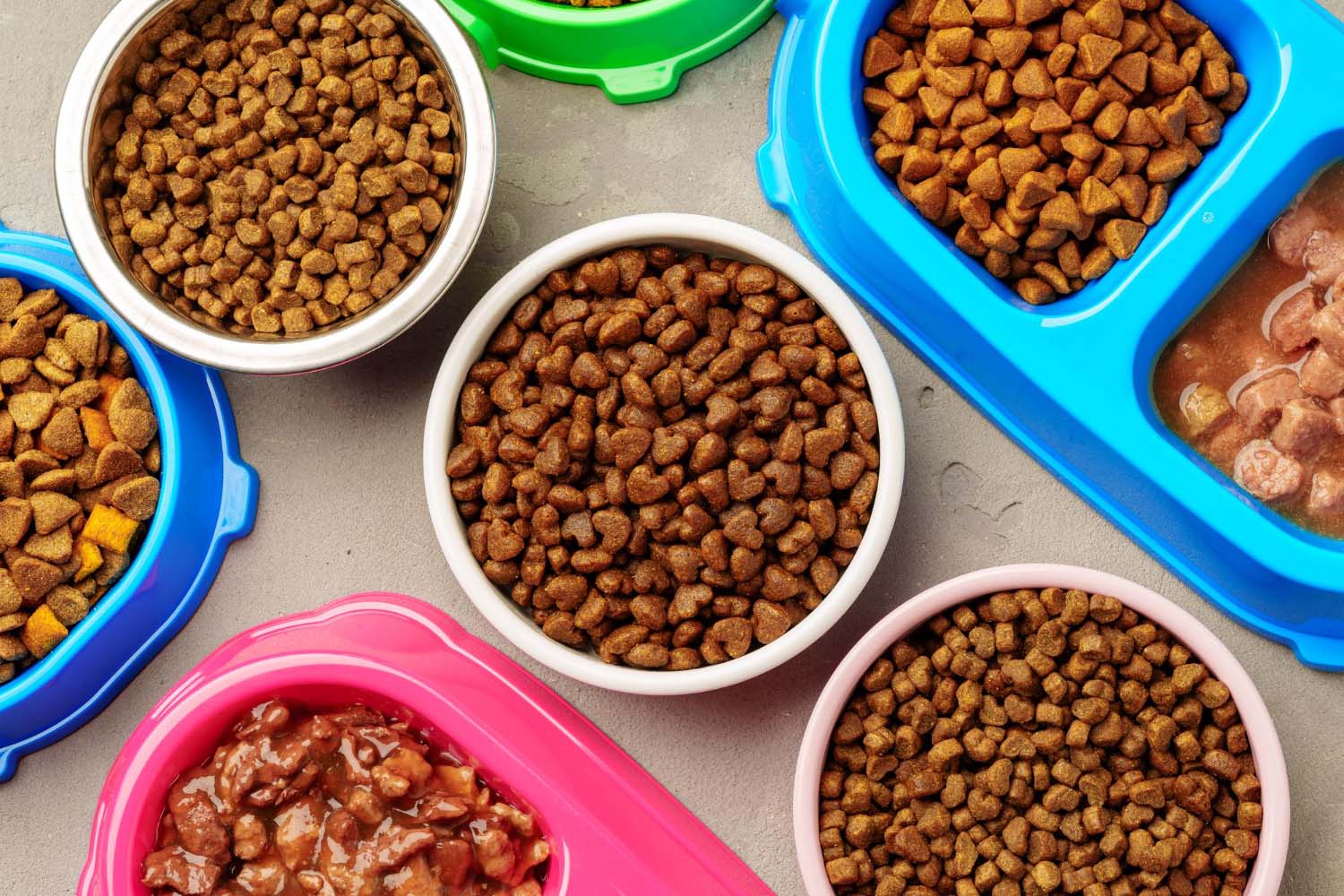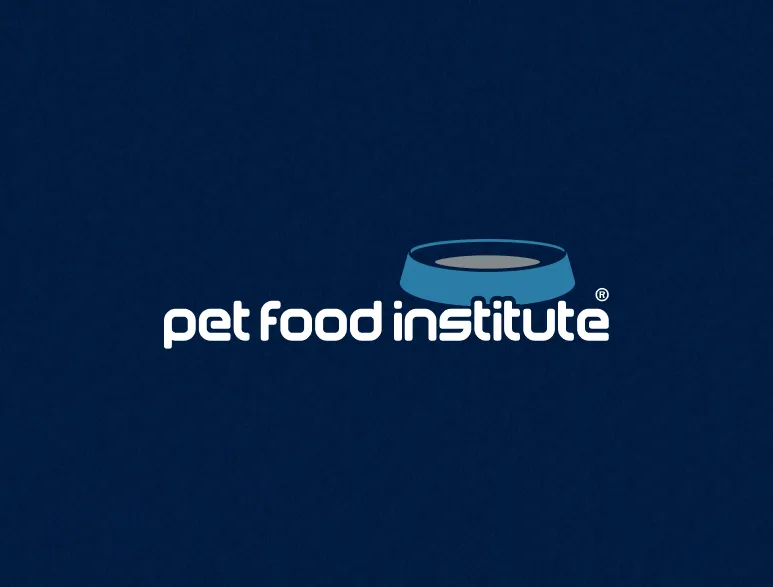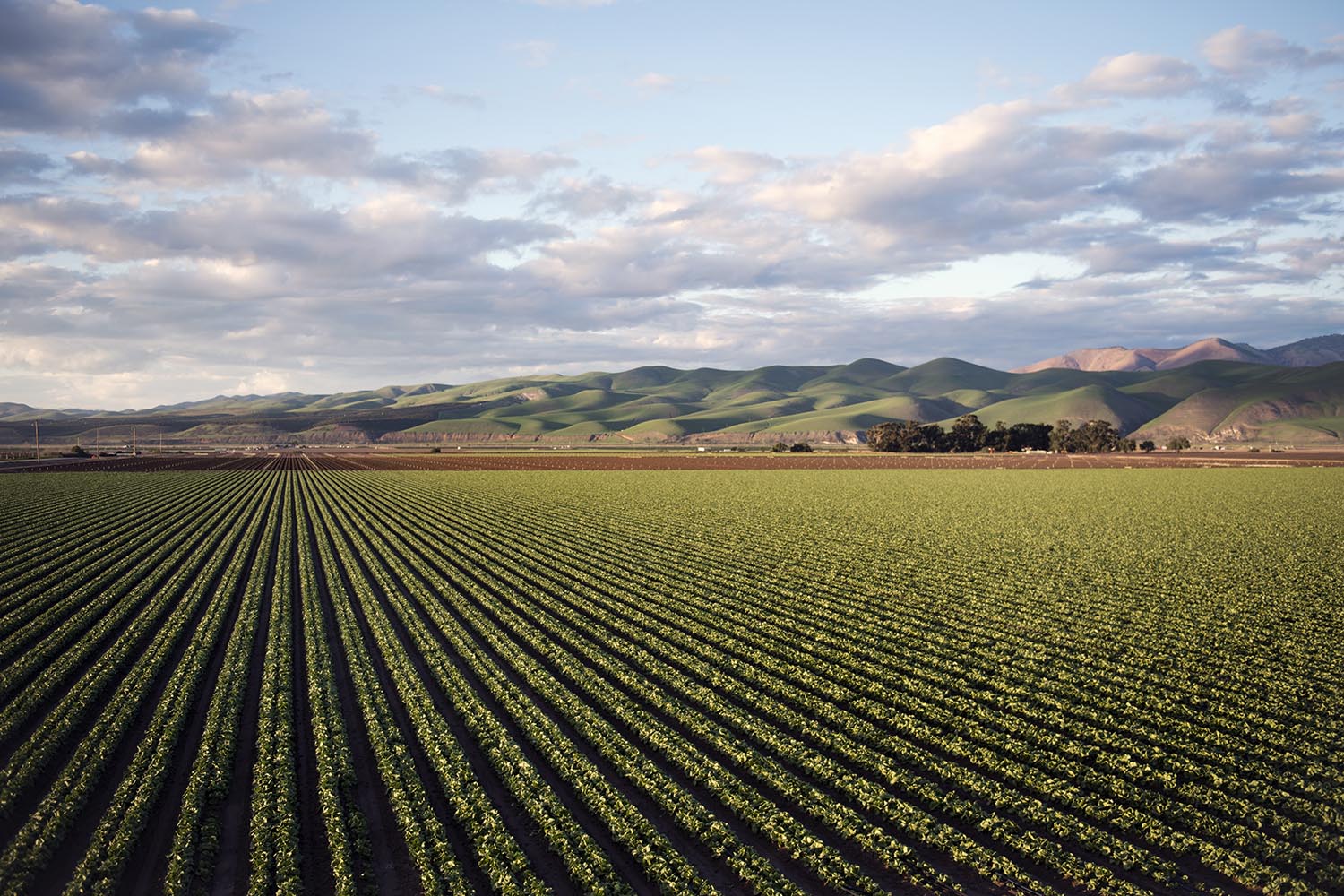
PFI’s Atalie Ebersole, senior director of membership and government relations, discusses the negative implications expanding renewable diesel production in the U.S. is having on pet food.
What does renewable diesel have to do with pet food? At first glance, they might not seem to be connected, but U.S. pet food makers are being severely impacted by government incentives to expand renewable diesel production. The Pet Food Institute is breaking down the situation and sharing how it impacts America’s cats and dogs.
What is Renewable Diesel?
Renewable diesel is a renewable fuel produced from feedstock and food through the process of hydrotreating. According to the U.S. Energy Information Administration, vegetable oil is the main feedstock used for renewable diesel production. However, renewable diesel production also uses animal-based by-products, such as chicken fat and beef tallow – the same ingredients in dog and cat foods.
In the interest of addressing climate change, state and federal governments have enacted policies that mandate the use of these animal- and plant-based ingredients for the creation of renewable diesel, and they provide tax credits that favor these ingredients being used for fuel production instead of food for our four-legged family members.
How Does Renewable Diesel Relate to Pet Food?
When making pet food, U.S. pet food makers use a range of ingredients produced during the processing of human food, including both plant and animal products. Often, these products are not preferred or consumed by Americans and include fats, oils and meals. However, the addition of these ingredients in pet food ensures that cats and dogs are provided safe, nutritious and flavorful food.
Pet food makers rely on the essential fatty acids found in oils and fats to formulate foods that deliver nutrients, which perform key functions in dog and cat immune and visual systems, as well as support healthy skin and coats. Our nation’s pet food manufacturers’ commitment to long and healthy lives for pets means they rely on access to dozens of animal- and plant-based oil and fat ingredients. This access is now threatened by increased competition for animal protein by-products because of government tax incentives and mandates.
The use of these high-value ingredients in pet food helps to lessen U.S. agriculture’s environmental footprint by reducing food waste. Additionally, pet food makers purchase $6.9 billion in crops, livestock and poultry products grown and raised by U.S. farmers and ranchers, generating additional economic activity up the agriculture supply chain.
How Does This Impact Pet Food Supply Chain and Production?
The unintended consequences of state and federal policy mandates and incentives promoting renewable fuel production over food production are severely affecting ingredient supply and demand. U.S. pet food makers now face an increasingly challenging marketplace for sourcing certain ingredients – especially the critical fats and oils included in pet food formulations. The increased renewable diesel demand has recently caused prices for animal- and plant-based oils and fats to double, or even triple, thus drastically increasing the cost of critical ingredients pet food makers source for the balanced nutrition and palatability of cat and dog food.
This issue comes at a time when the pet food industry is already facing supply chain challenges and ingredient shortages caused by the pandemic and its lasting effects.
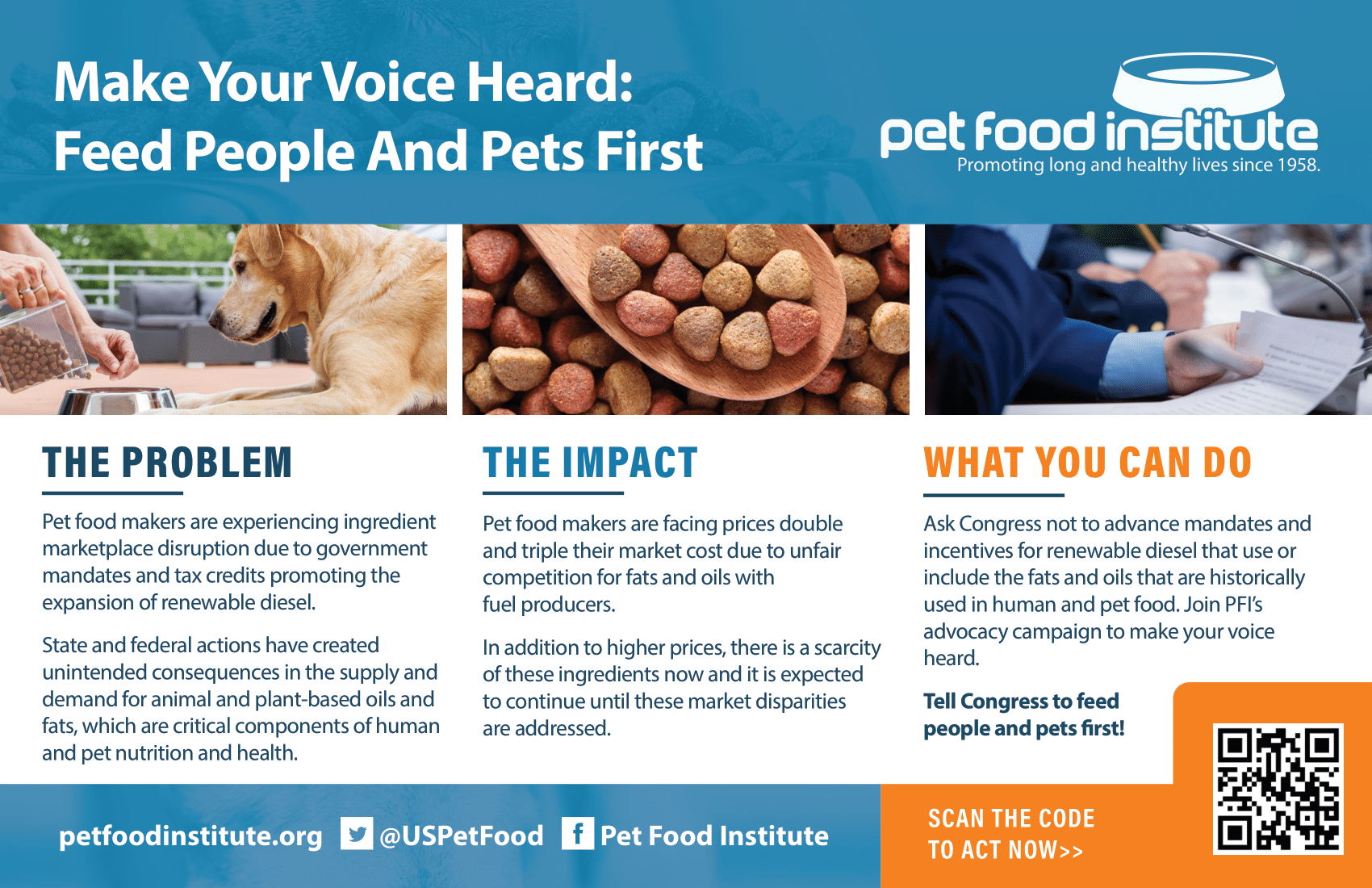
What Does This Mean for Our Pets?
Ultimately, if these incentives for renewable diesel production continue to negatively impact the food market in the way they have thus far, pet food makers will have to make recipe formulation decisions based on ingredient access rather than on ideal pet-preferred formulation.
With many pet owners in the U.S. already raising questions about the less-than-full shelves when shopping for cat or dog food, it is expected that common pet foods will become even harder to find, or that pet food recipes will be altered, as pet food makers are forced to find new, suitable ingredients to take the place of the plant- and animal-based by-products that were previously used.
To ensure your pet continues to enjoy his or her favorite recipe formula, join PFI’s advocacy campaign and ask the U.S. Congress to pause any further mandates and incentives for renewable diesel that use or include the essential fats and oils historically used in pet food. As a pet lover, your voice is critical – help us tell Congress to pause tax credits and mandates for renewable diesel until the supplies of both plant oils and animal fats are sufficient to fulfill both food and fuel needs without causing unnecessary supply limitations and price increases.
Let your voice be heard TODAY: https://www.votervoice.net/PFI/campaigns/93327/respond
